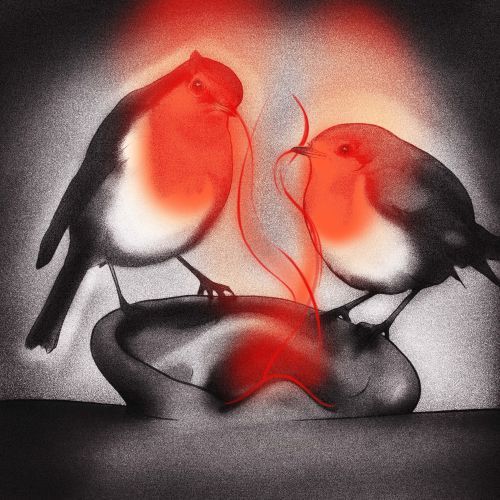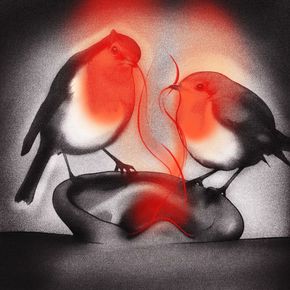Clever crocodiles, seals and social distancing and a nursing home for chimpanzees
According to scientists at the French National Center for Scientific Research, despite the distant evolutionary relationship between crocodiles and primates, these reptiles can detect the degree of distress in the cries of a monkey and a baby more reliably than humans themselves. The scientists studied Nile crocodiles’ behaviour – the animals were attracted to the sounds of crying babies and young monkeys and could make a meal of defenceless prey. Scientists suspect this may be related to crocodiles’ innate ability to assess the ailments of a potential victim.
An aerial survey of the North Sea has shown that harbour seals and grey seals maintain social distance between their species and that this behaviour may ‘reflect an evolutionary response to virus susceptibility’. According to scientists from the Royal Netherlands Institute for Sea Research and Wageningen Marine Research, the discovery could profoundly impact understanding of the spread of disease among marine mammals.
Chimp Haven, Louisiana, is an 80-hectare “retirement home” for more than 300 chimpanzees previously used for laboratory research, which is increasingly plagued by extreme weather conditions: droughts, floods, wildfires, tornadoes and heatwaves. So Chimp Haven conducts hands-on exercises in extreme weather conditions to teach the chimpanzees to quickly take shelter in buildings when employees sound the correct alarm. Chimpanzees are intelligent, unpredictable and specific, and training requires considering the many personalities of animals, their preferences and needs.

























